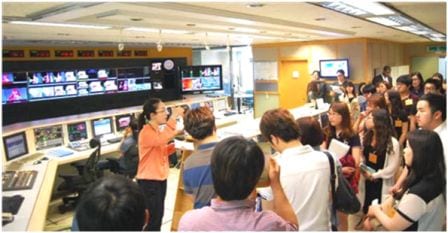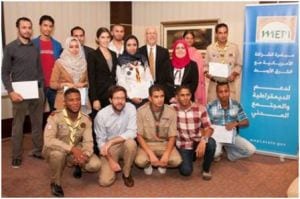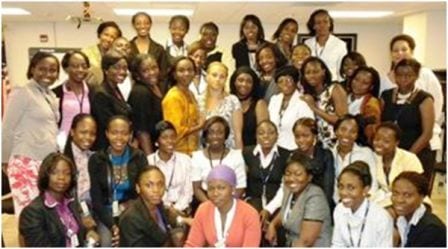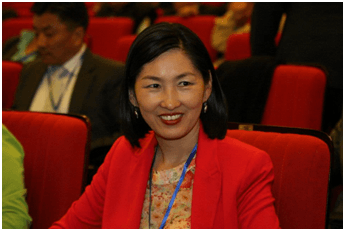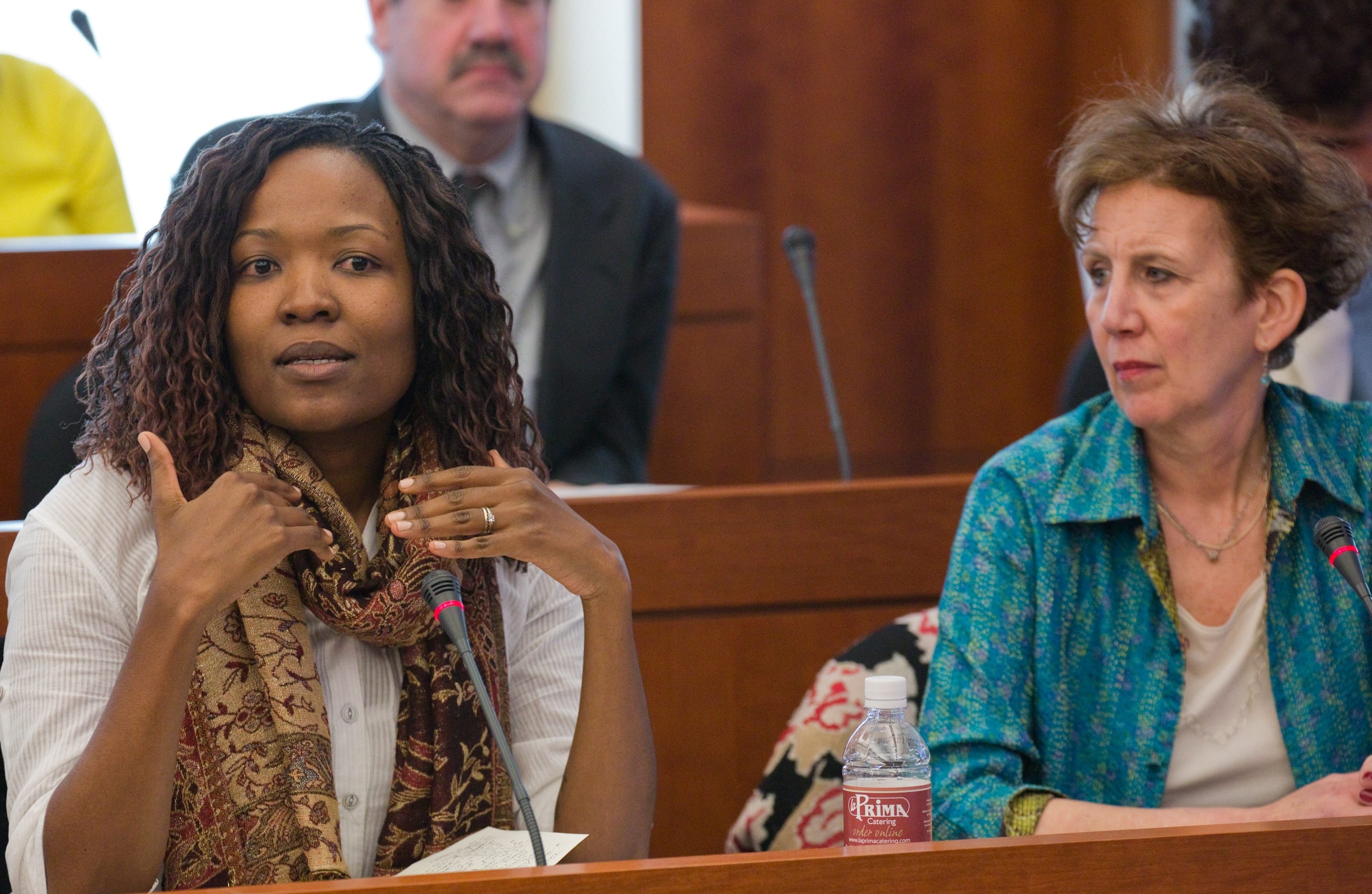By Miranda Ewald, MA Global Communications ‘22

Spanish Prime Minister Pedro Sanchez meets with Moroccan King Mohammed VI, Moncloa (REUTERS)
Spain and Morocco’s Shifting Relationship
Until recently, tensions between Spain and Morocco had been building for decades, particularly over Spain’s lack of recognition for Morocco’s autonomy in the Western Sahara. Spain and Morocco, along with Mauritania, signed a tripartite agreement in 1975 that aimed at stabilizing relations in the Western Sahara region. However, Spain had not formalized or honored its political and diplomatic ties to Morocco. In 2021 Spain welcomed nationalist movement leader seeking independence from Morocco, Brahim Ghali, into its country despite him also being wanted in Spain for crimes against humanity. In retaliation, Morocco then opened its border in May 2021 to Ceuta, a Spanish autonomous city in Morocco, leading to many trying to illegally enter the city and chaos erupting.
Despite the historical tension and recent challenges between the two countries, as of this month, Spain has decided to realign its relationship with Morocco. On March 18 of this year, Spain announced through its foreign minister, José Manuel Albares, that it considers Morocco’s proposal regarding the Western Sahara to be “the most serious, realistic, and credible” plan to de-escalating tensions in the region. The plan involves giving Morocco limited autonomy in the Western Sahara, a region it annexed in 1975, which is inhabited largely by the Polisario Front independence movement. Spain’s backing of the proposal symbolizes a turning point in its foreign affairs with Morocco.
Spain’s Evolving Identity
Spain’s strategic messaging of its newly defined stance with Morocco highlights how Spain is attempting to develop the narrative that it is a cooperative democracy and international partner. Since the end of General Franco’s dictatorship in Spain, the country has worked diligently to democratize and become part of the international system. This however conflicts with Spain’s imperialistic history with Morocco, and until recently, apathetic nature towards mending lingering tensions. In order for Spain to shed its dictatorial and imperialistic ways and prove its relevance as a democratic actor, it needed to readjust its relationship with Morocco. For example, when Spain invited Brahim Ghali into its country, Morocco began portraying Spain as indifferent to crimes against humanity. Spain could not let Morocco continue to capitalize on the meeting with Ghali to maintain its reputation as a democratized state. Moreover, for Spain to appear as a collaborative foreign power, it could not continue to ignore its diplomatic agreements with Morocco in the Western Saharan. Amends needed to be made with Morocco to prevent anything from undermining Spain’s legitimacy and relationships in the international system
Spain made the announcement of the backing of Morocco’s proposal through its highest foreign affairs official to validate its stance further. Albares emphasized the commitment even further by stating that Spain is looking to strengthen cooperation particularly regarding migration in the Western Sahara. Spain’s alignment with Morocco though symbolizes much more than this. In the spring of 2021, Morocco organized mass migration through Ceuta, a Spanish city on the border of the two countries. The weaponsing of migration outraged Spain, but also the EU, which has established that it desires maintaining a strong relationship with Morocco. For Spain, it is important to appear as a cooperative and loyal state, something it was not under General Franco. Therefore, to project this narrative, Spain needed to begin appearing active in working towards resolution in the Western Sahara.
Implications for Spain’s Repositioning
Spain’s new positioning will have, and has had, many potential implications for the state. Thus far, Spain’s new positioning has led Morocco to reinstate its ambassador to Spain, which it had previously recalled. This, in addition to other comments made by Morocco, portrays that Morocco is pleased with Spain’s new alignment and is open to working with the state. The EU has also established that it welcomes Spain’s change in stance with Morocco. While Spain has strengthened some of its relationships through this decision, it has also had some negative implications as well. For example, since the Polisario Front is backed by Algeria, Algeria removed its ambassador to Spain because of its decision. Besides this damaging foreign relations between Spain and Algeria, it could also have economic consequences for Spain. Algeria supplies gas to Spain, and given the crisis in Ukraine, Algeria’s supply has become ever more important. Spain could risk increasing gas prices even further if relations are damaged even more with Algeria.
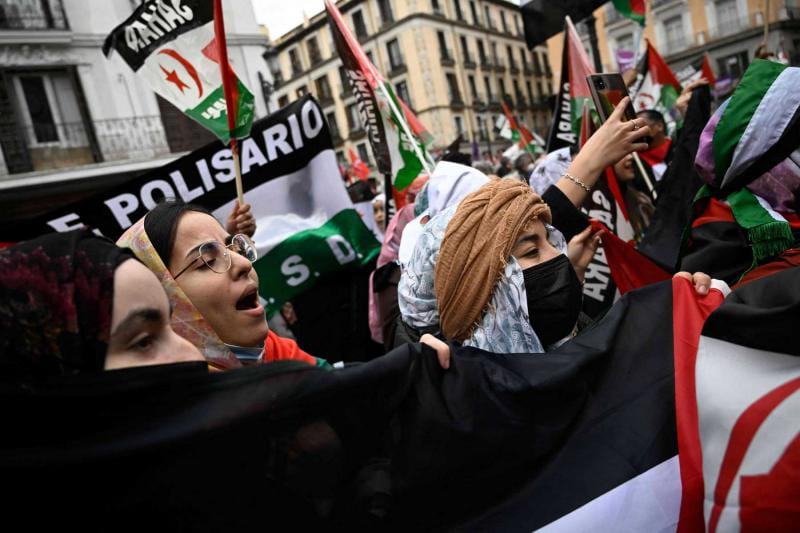
Polisario demonstrators protest against Spain’s support for Morocco’s autonomy plan in Madrid, (AFP).
Going forward, Spain’s relations with other states will shift as well. Some states support Morocco’s proposal and will embrace Spain’s new positioning, such as the US. However, there are other states and international organizations that believe a referendum should occur in the region to decide who is in control. To illustrate its identity as a collaborative and credible democracy, Spain should continue its use of elite officials as spokespeople, remain loyal to and supportive of allies and be proactive in discourse around international issues.
For more on the topic by the author, please click here.
The opinions expressed in this blog are those of the author. They do not express the views of the Institute for Public Diplomacy and Global Communication or the George Washington University.



